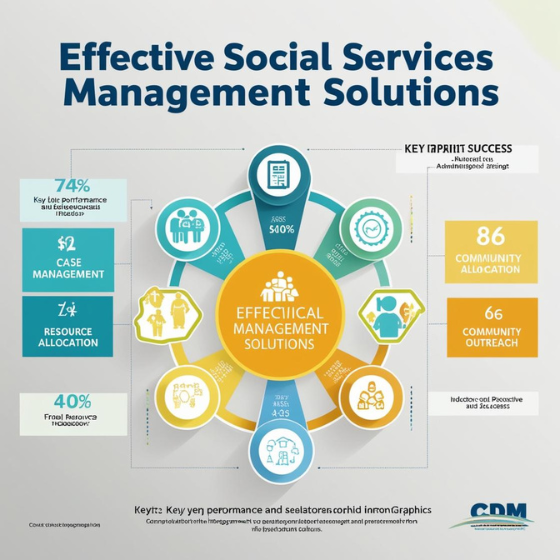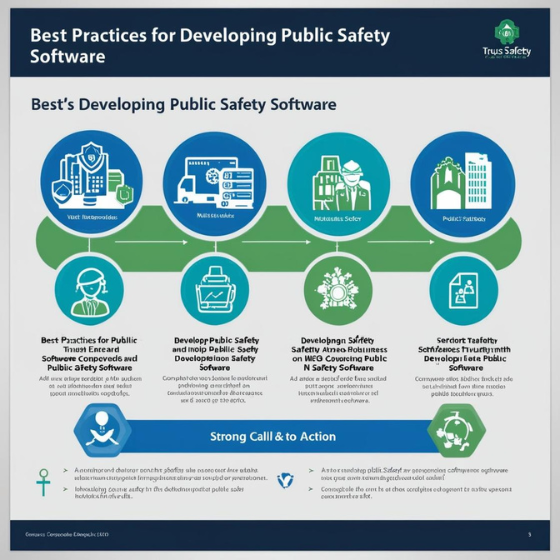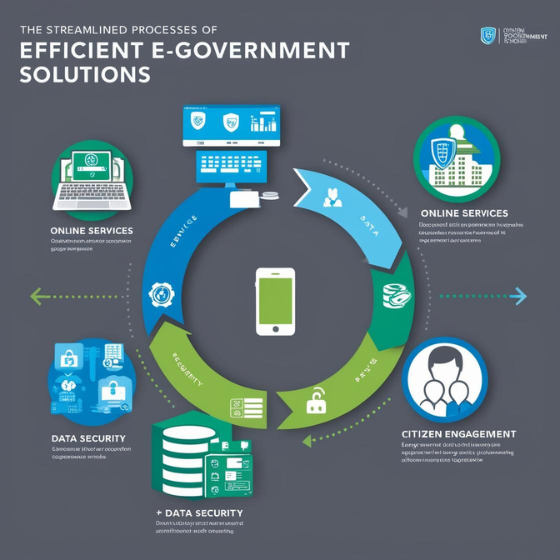Social Services Management: Enhancing Community Support
In today’s rapidly evolving world, community needs are becoming more complex, and social services play a pivotal role in supporting vulnerable populations. Whether it’s providing healthcare, housing, food security, or mental health support, social services are essential for improving lives and fostering stronger, more resilient communities. However, the efficiency and effectiveness of these services depend on streamlined management and innovative solutions.
In this blog, we will explore how social services management can be improved through modern technologies and best practices, ultimately leading to enhanced community support and well-being.
1. Streamlining Service Delivery through Technology
With the growing demands placed on social service providers, technology has become a key enabler in improving the efficiency and accessibility of services. By adopting modern tools and platforms, service providers can deliver services more effectively and reduce operational inefficiencies.
Key Trends in Technology-Driven Social Services Management:
- Case Management Software: Comprehensive case management systems allow social workers to track client needs, manage cases, and monitor progress in real-time. These platforms enable better coordination and personalized service delivery.
- Cloud-Based Solutions: Cloud technology allows for secure data storage and sharing across different service providers, ensuring that clients receive seamless support regardless of the organization or department they interact with.
- Mobile Apps for Client Access: Many social services are now accessible via mobile apps, allowing clients to access information, apply for services, or communicate with service providers directly. This increases accessibility and reduces barriers to service entry.
By incorporating technology into service delivery, organizations can enhance communication, reduce waiting times, and better manage the distribution of resources to those in need.
2. Data-Driven Decision Making in Social Services
In the past, social service organizations often relied on anecdotal evidence or manual reporting to guide decisions. However, as data collection and analytics have advanced, social service management is shifting toward data-driven decision-making. This approach provides deeper insights into community needs, resource allocation, and service effectiveness.
How Data Improves Social Services Management:
- Identifying Trends and Needs: By analyzing data on social determinants of health, education, and economic factors, social service providers can identify emerging trends and prioritize services accordingly.
- Resource Allocation: Data analysis helps organizations optimize resources, ensuring that the right services are provided to the right people at the right time.
- Evaluating Service Effectiveness: Continuous data collection allows organizations to track client outcomes and evaluate the success of their programs. This enables them to adjust strategies based on real-world performance.
Data-driven approaches improve accountability and ensure that social services meet the ever-changing needs of the community.
3. Collaboration Across Service Providers
Social services rarely operate in isolation. People in need of support often require assistance from multiple agencies, such as healthcare providers, housing organizations, and mental health professionals. Therefore, effective collaboration between these service providers is key to delivering holistic care.
Strategies for Effective Collaboration:
- Integrated Case Management Systems: These systems enable different agencies to share information securely and collaborate on clients’ cases. By having access to comprehensive data, all stakeholders can provide coordinated and timely services.
- Community Networks: Building strong networks between local service providers, such as non-profits, government agencies, and community groups, ensures that clients are referred to the appropriate services and can receive comprehensive support.
- Cross-Disciplinary Teams: Bringing together professionals from different backgrounds—such as social workers, healthcare providers, and legal experts—creates a team-based approach to service delivery. This helps address all aspects of a client’s needs in a holistic way.
By fostering collaboration, social service providers can reduce gaps in service provision, enhance outcomes, and better meet the needs of their communities.
4. Personalized Services for Community Members
Social services often address broad community needs, but personalized care is essential for maximizing impact. Each individual or family has unique challenges, and personalized interventions can significantly improve outcomes. Social service providers are increasingly tailoring their services to meet the specific needs of clients.
Personalization in Social Services:
- Client-Centered Approach: Social workers and case managers are increasingly adopting a client-centered approach, which involves working closely with clients to develop personalized service plans that focus on their specific needs and goals.
- Technology-Enabled Personalization: Platforms that track client preferences and needs over time help provide a more customized service. For example, automated systems can suggest personalized interventions or offer customized resources based on the client’s profile.
- Feedback Loops: Continuous feedback from clients helps social service providers adjust their strategies, ensuring that services remain relevant and effective.
Personalization ensures that clients receive the appropriate level of care and support tailored to their unique circumstances.
5. Community Outreach and Engagement
Building strong relationships with community members is essential for ensuring that social services reach those who need them most. Engaging the community in the design and delivery of services helps to build trust and ensures that services are responsive to the local population’s needs.
Effective Community Outreach Strategies:
- Public Awareness Campaigns: These campaigns can help raise awareness of available services, eligibility requirements, and how to access them. Outreach through social media, local events, and community partnerships ensures that services are visible to a wider audience.
- Community Advisory Boards: Including community members in the decision-making process helps service providers understand the unique needs and concerns of the population. Advisory boards can provide valuable feedback on service delivery and ensure that programs are relevant and effective.
- Culturally Sensitive Services: Engaging with diverse communities requires cultural sensitivity and an understanding of different needs. Social services must adapt to the cultural backgrounds and languages of the people they serve, ensuring inclusivity and equity.
By actively engaging with the community, social service organizations can build trust, ensure program relevance, and increase access to services.
6. Ensuring Sustainability and Long-Term Impact
For social services to have lasting positive effects, sustainability must be a key consideration in service planning and delivery. This involves ensuring that funding is secured, programs are adaptable, and long-term outcomes are prioritized.
Key Factors for Sustainable Social Services:
- Diversified Funding: Relying on a mix of funding sources—such as government grants, private donations, and community fundraising—helps ensure that social service organizations remain financially sustainable.
- Scalable Programs: Building scalable programs allows organizations to expand services when needed without compromising quality. This ensures that services can adapt to changing community needs.
- Monitoring Long-Term Outcomes: Social service programs should be designed with long-term success in mind. Regular monitoring and evaluation help track the impact of services over time and make adjustments to ensure continued effectiveness.
Sustainability ensures that social services can continue to support communities in the long term, fostering positive, lasting change.
Conclusion
Effective social services management is essential for enhancing community support and improving the well-being of vulnerable populations. By embracing technology, data-driven decision-making, and collaborative approaches, social service providers can increase their efficiency and impact. Moreover, focusing on personalized services, community engagement, and sustainability ensures that these services remain relevant and effective.
For organizations looking to improve social services management and enhance their community support programs, Contact Sodio to explore our innovative solutions and learn how we can help you optimize your social services strategy.







